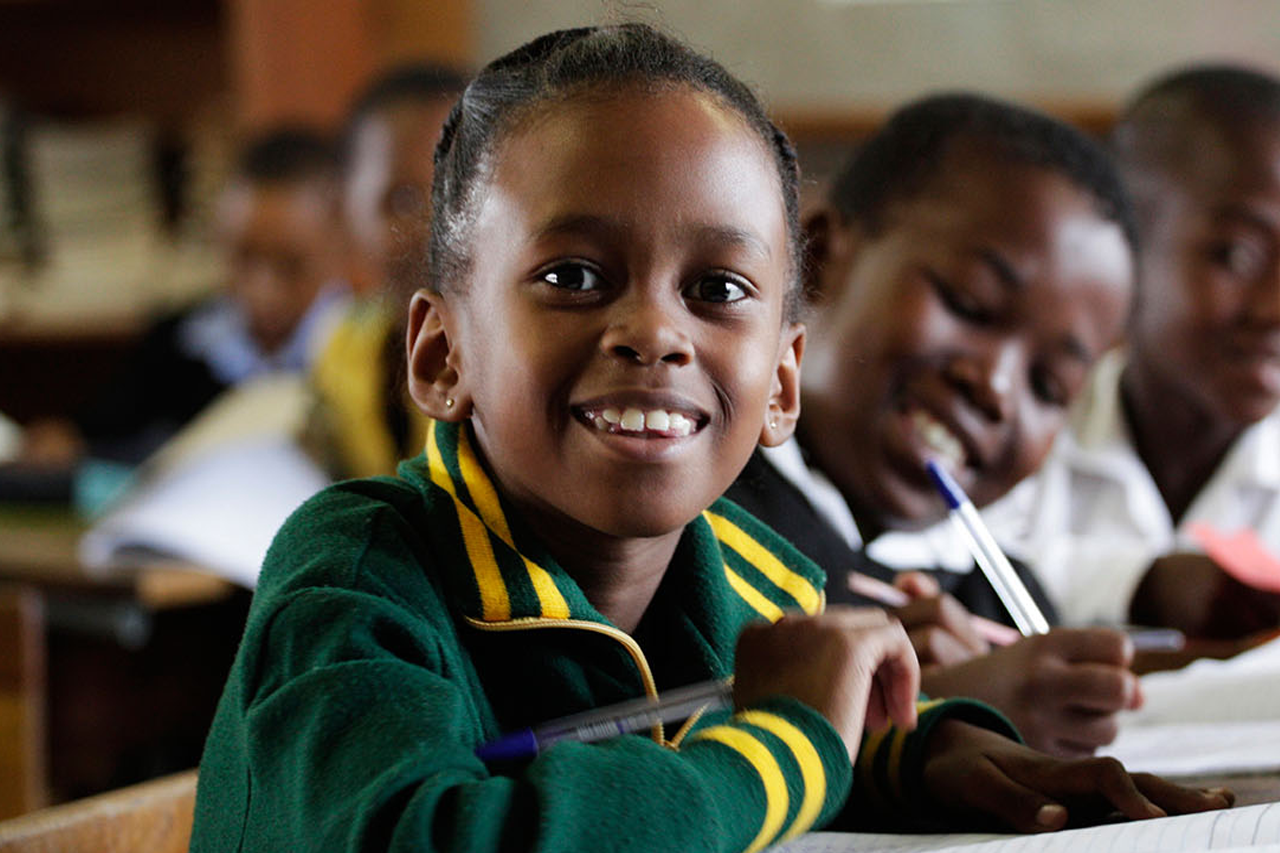It is no longer news that the quality of education in public primary schools in Nigeria is deplorable, especially when compared to what is obtainable in private schools. A Monitoring Learning Achievement student assessment conducted in 2010, and supported by the DFID-ESSPIN, confirms the poor quality of education in public primary schools in Nigeria. While testing Grade 2 and Grade 4 pupils on Literacy and numeracy, the assessment shows that pupils in private primary schools achieve twice the scores of their peers in public primary schools in Lagos (World Bank Group, 2015).
Many of the students in Grade 4 in public primary schools found it difficult to perform basic numerical tasks such as Division, Square Root, Least Common Multiple as well as Literary tasks reading a passage and writing a guided letter. The story is the same for the grade 2 students who could barely read and spell, listen and answer questions for English, and perform addition and subtraction, fraction and identify shapes for Mathematics. The majority of students clearly lack the foundational knowledge to advance to higher classes and when promotion to higher classes is no longer automatic, particularly at the end of primary school, they drop
out (World Bank Group, 2015).
When these children drop out at such an early stage, with very little literacy and numeracy skills, they find it difficult to cope with their lives even when they attempt to learn a vocation or trade. They are thus unable to access high-income jobs and opportunities and have a low standard of living. They also engage in early marriages, giving birth to numerous children they can hardly cater for and the cycle of poverty continues.
There is a need for an intervention to improve the quality of education in public primary schools. The budgetary allocation for education needs to be increased drastically, to ensure that public primary schools have the right facilities and a conducive environment for learning. Also, there should be quality investment in teachers to ensure that only qualified and passionate teachers are employed and that these teachers engage in continuous development in their profession.
 +234 706 673 6513
+234 706 673 6513 

